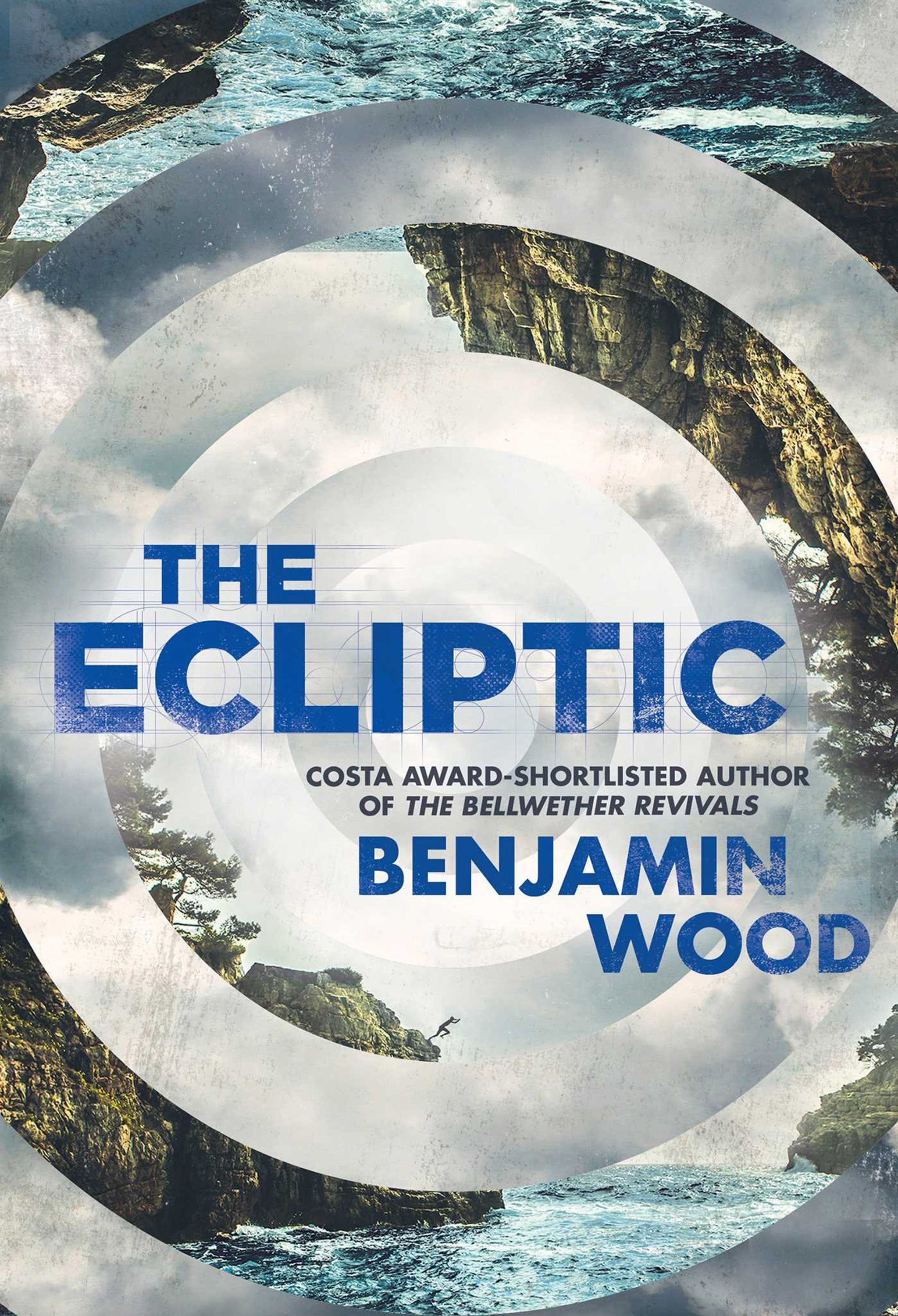The Princes’ Islands, off the coast of Istanbul, are the enchanting location for much of Benjamin Wood’s second novel. Having visited the islands myself, and enjoyed Wood’s evocation of their seemingly timeless world of horse-drawn carts, wooden houses, and simit bread, I suspect the setting provided the spark for The Ecliptic. Not that Wood’s novel is lacking in other departments; it’s an intelligent examination of creativity, psychology, and a riveting mystery.
Wood, whose debut, The Bellwether Revivals (2012), was about a group of Cambridge students, is drawn to enclosed worlds. The Ecliptic begins at Portmantle, a “refuge” for international artists, on Heybeliada, the second largest of the islands. The narrator, Elspeth “Knell” Conroy, and her fellow inmates are awaiting the arrival of Fullerton who, at 17, is much younger than them.
“I’m not good with people,” says Fullerton when Elspeth tries to help him settle in. Aloof yet needy, Fullerton is counterpointed by the smooth but sinister provost who, aided by Turkish lackeys, runs Portmantle. At times, Elspeth draws close to both Fullerton and the provost but it’s possible they’re connected to each other in ways which Elspeth doesn’t know about.
When tragedy strikes, the action shifts. The novel’s absorbing middle describes Elspeth’s youth in Scotland, her emergence as a painter in 1960s London and treatment for depression. Elspeth is a sucker for clichés of the tortured artist variety but Wood’s visceral accounts of her work are convincing and even reminiscent of scenes from Alasdair Gray’s Lanark (1981), another novel which combines meditations on artistic expression with elements of genre fiction.
An energetic stylist and skilful storyteller, Wood’s weakness is characterisation. I read at least 100 pages before I stopped needing to remind myself occasionally that the narrator is a woman. Other artists at Portmantle come off as shadowy entities rather than rounded individuals.
Elspeth believes that painters “convey emotions in the accumulation of gestures”. The same could be said of novelists’ words but The Ecliptic succeeds more at making the reader think than feel. After it’s moved back to Portmantle for the denouement, Elspeth observes: “It’s hard to separate the truth from the rest of it.” The reader agrees, at the same time as feeling fairly sure that this ambitious novel will haunt the imagination long after the final page.
Subscribe to Independent Premium to bookmark this article
Want to bookmark your favourite articles and stories to read or reference later? Start your Independent Premium subscription today.


Join our commenting forum
Join thought-provoking conversations, follow other Independent readers and see their replies